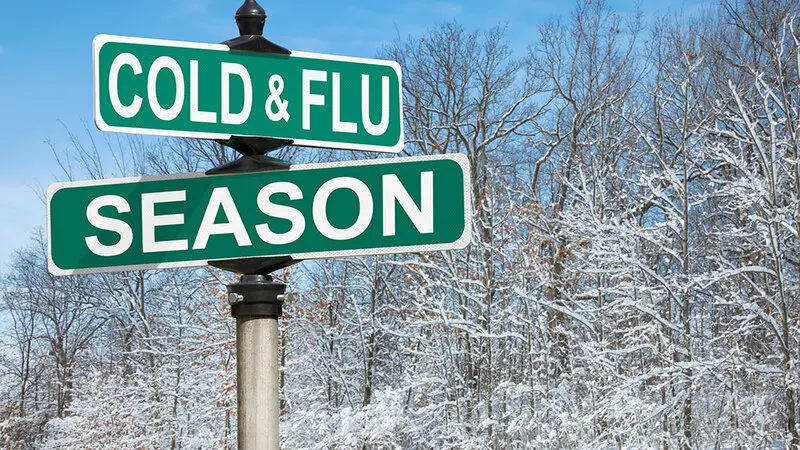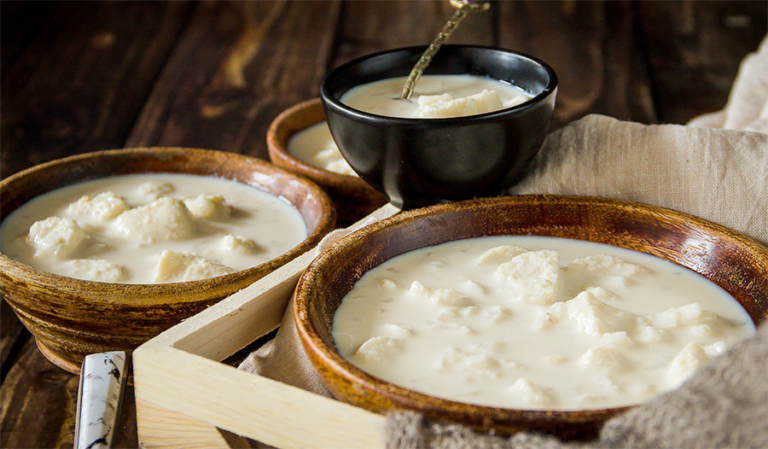As winter sets in, the cold and flu season often follows, bringing with it sniffles, coughs, and fatigue. While there’s no foolproof way to completely avoid catching a cold and flu, there are natural and preventive measures you can take to strengthen your immune system and reduce the risk of falling ill.


Various strategies to beat the winter cold and flu naturally.
Maintain Good Hygiene
Practicing good hygiene is a fundamental step in preventing the spread of viruses. Wash your hands regularly with soap and water for at least 20 seconds, especially after coughing or sneezing. If soap and water are not available, use an alcohol-based hand sanitizer. Avoid touching your face, especially your eyes, nose, and mouth, as these are entry points for viruses.
Stay Hydrated
Proper hydration is essential for overall health and supports the body’s immune function. Drinking an adequate amount of water helps keep mucous membranes moist, making it harder for viruses to enter the body. Additionally, staying hydrated aids in the elimination of toxins and supports the overall well-being of the respiratory system.

Eat a Balanced Diet
A well-balanced and nutritious diet is crucial for maintaining a strong immune system. Focus on incorporating a variety of fruits, vegetables, whole grains, and lean proteins into your meals. Foods rich in vitamins and minerals, such as vitamin C, zinc, and antioxidants, contribute to immune health which can prevent you from cold and flu. Include citrus fruits, leafy greens, garlic, ginger, and colorful vegetables in your diet.

Get Sufficient Sleep
Adequate sleep is essential for a healthy immune system. During sleep, the body undergoes crucial processes that support immune function and overall well-being. Aim for 7-9 hours of quality sleep per night. Establish a regular sleep schedule, create a comfortable sleep environment, and practice relaxation techniques to improve sleep quality.
Regular Exercise
Engaging in regular physical activity can enhance immune function and contribute to overall health. Moderate exercise, such as brisk walking, jogging, or yoga, can stimulate the immune system and help reduce the risk of respiratory infections. However, avoid excessive exercise, as intense workouts may temporarily suppress immune function.
Boost Vitamin D Levels
Vitamin D plays a crucial role in immune function, and during the winter months, when sunlight exposure may be limited, it’s important to ensure sufficient vitamin D levels. Include vitamin D-rich foods in your diet, such as fatty fish, fortified dairy products, and eggs. Additionally, consider spending time outdoors when the sun is shining, as sunlight is a natural source of vitamin D.
Herbal Teas and Supplements
Certain herbal teas and supplements are believed to have immune-boosting properties. Echinacea, elderberry, ginger, and ginseng are examples of herbs that are commonly used to support the immune system. These can be consumed as teas or in supplement form. Consult with a healthcare professional before taking supplements to ensure they are safe and appropriate for your individual health needs.
Practice Stress Management
Chronic stress can weaken the immune system, making the body more susceptible to infections. Incorporate stress management techniques into your routine, such as meditation, deep breathing exercises, or mindfulness. These practices can help reduce stress levels and support overall well-being.
Stay Warm and Dress Appropriately
Exposure to cold weather doesn’t directly cause colds, but it can weaken the immune system and make you more susceptible to infections. Dress warmly, especially in layers, to protect yourself from the winter chill. Be mindful of abrupt temperature changes, and avoid prolonged exposure to cold and damp conditions.
Humidify Indoor Air
Heating systems and cold weather can dry out indoor air, which may irritate the respiratory system and make you more vulnerable to viruses. Use a humidifier to add moisture to the air, especially in bedrooms. This can help soothe dry nasal passages and reduce the risk of respiratory infections.
In conclusion, adopting a holistic approach to immune health can significantly reduce the risk of catching a cold and flu during the winter months. By incorporating these natural strategies into your lifestyle, you can strengthen your immune system, support overall well-being, and increase your resilience to winter illnesses. However, if you do experience persistent or severe symptoms, it’s important to consult with a healthcare professional for appropriate guidance and care.
































